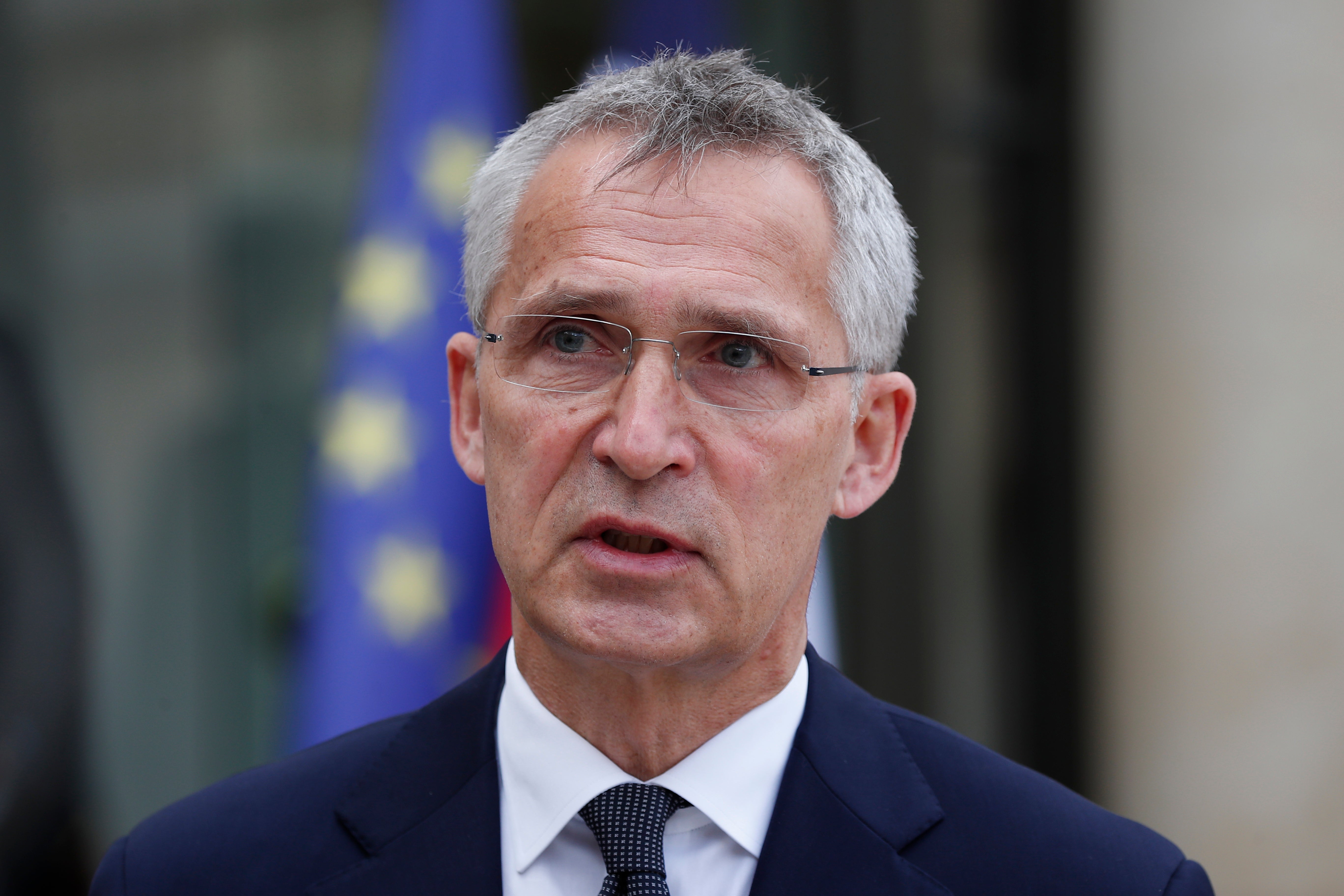NATO to continue Afghan troop training after leaving country
NATO Secretary-General Jens Stoltenberg says the military organization will continue to train Afghan special forces outside the country after it winds up 18 years of security work there in coming months

Your support helps us to tell the story
From reproductive rights to climate change to Big Tech, The Independent is on the ground when the story is developing. Whether it's investigating the financials of Elon Musk's pro-Trump PAC or producing our latest documentary, 'The A Word', which shines a light on the American women fighting for reproductive rights, we know how important it is to parse out the facts from the messaging.
At such a critical moment in US history, we need reporters on the ground. Your donation allows us to keep sending journalists to speak to both sides of the story.
The Independent is trusted by Americans across the entire political spectrum. And unlike many other quality news outlets, we choose not to lock Americans out of our reporting and analysis with paywalls. We believe quality journalism should be available to everyone, paid for by those who can afford it.
Your support makes all the difference.NATO will continue to train Afghan special forces outside the country after it winds up 18 years of security work in conflict-torn Afghanistan in coming months, the military organization’s top civilian official said Friday.
“As we end our military presence, we are opening a new chapter,” NATO Secretary General Jens Stoltenberg told reporters in Paris after talks with French President Emmanuel Macron that were focused on preparations for a summit of the alliance’s leaders next month.
Stoltenberg said NATO's revised role would involve giving “advice and capacity-building support to Afghan security institutions, as well as continued financial support.” He said NATO also plans “to provide military education and training outside Afghanistan, focusing on Special Operations Forces.”
It was not immediately clear where the training will take place.
U.S. military leaders are still grappling with how best to carry out President Joe Biden’s order to withdraw all American troops from Afghanistan by September while helping Afghan forces and monitoring the threat that prompted the U.S. invasion of the country after the Sept. 11, 2001 attacks.
America’s allies in Europe plus Canada rely on U.S. logistical and transport help to operate in Afghanistan, and their troops are obliged to leave the country as well. Many officials have expressed concern that once the U.S. leaves, the Afghan government and its armed forces will be quickly overrun by the Taliban.
It remains unclear what level of security might be needed, and who would provide it, to protect international embassies spread around the capital, Kabul. The city’s airport, the main international gateway to Afghanistan, must also be protected.
Stoltenberg said NATO plans to “fund the provision of services, including support for the functioning of Kabul airport.” Asked for clarification, a NATO official said, “We’re now looking into the details and consulting on next steps.”
Violence is surging in Afghanistan. Roadside bombings in southern and central Afghanistan killed 13 people, including nine members of one family, officials said Thursday. Meanwhile, militants stopped a bus in the west of the country, ordered three men to get out and shot and killed them.
No one claimed responsibility for the attacks. The government blamed the Taliban, who denied responsibility.